Butylated Hydroxytoluene (BHT)
Butylated Hydroxytoluene (BHT) is a synthetic antioxidant compound that finds various industrial applications beyond its common use as a food additive. Here are some industrial applications of Butylated Hydroxytoluene (BHT):
### Industrial Applications:
1. **Rubber and Plastics Industry**: BHT is commonly used in the rubber and plastics industry as an antioxidant to prevent degradation caused by exposure to oxygen and ultraviolet (UV) light. It helps to extend the shelf life and enhance the stability of rubber products, such as tires, gaskets, seals, and hoses, as well as plastic materials.
2. **Petroleum Industry**: BHT is used in the petroleum industry as an antioxidant in lubricants, oils, and fuels to prevent oxidation and degradation of the products. It helps to maintain the quality and performance of these substances over time, especially in applications where exposure to heat and oxygen is a concern.
3. **Paints and Coatings**: BHT is sometimes used in the formulation of paints, coatings, and varnishes as an antioxidant to improve the durability and longevity of the products. It helps to protect the integrity of the coatings and prevent color changes and degradation due to oxidation.
4. **Adhesives and Sealants**: BHT is added to adhesives and sealants to prevent them from deteriorating over time due to exposure to oxygen and light. It helps to maintain the adhesive properties and extend the shelf life of these products.
5. **Textile Industry**: In the textile industry, BHT is used as an antioxidant in fibers, fabrics, and textiles to prevent degradation and discoloration caused by exposure to environmental factors like light and air. It helps to preserve the quality and appearance of textile materials.
6. **Electronics**: BHT is used in the electronics industry as an antioxidant in some electronic components and devices to protect them from oxidation and extend their lifespan.
### Safety and Environmental Considerations:
1. Proper handling and storage practices should be followed when working with BHT to minimize exposure and ensure workplace safety.
2. Disposal of products containing BHT should be done in accordance with local regulations to prevent environmental contamination.
3. Monitoring and controlling the levels of BHT in industrial processes are important to prevent adverse effects on human health and the environment.
These are some of the industrial applications of Butylated Hydroxytoluene (BHT) and considerations for its safe use in various industrial sectors.
Original price was: ₦175,000.00.₦170,000.00Current price is: ₦170,000.00.
Description
Butylated Hydroxytoluene (BHT) is a synthetic antioxidant compound that is commonly used as a food additive and in various industrial applications. Here are some important points about Butylated Hydroxytoluene (BHT):
### Uses:
1. **Food Additive**: BHT is commonly used as an antioxidant in food and food packaging to prevent oxidation and increase the shelf life of products. It is often added to fats, oils, snacks, cereals, and processed foods to prevent rancidity and preserve freshness.
2. **Cosmetics and Personal Care Products**: BHT is used in cosmetics, skincare products, and personal care items as an antioxidant to prevent the degradation of ingredients and extend the shelf life of the products.
3. **Industrial Applications**: BHT is used in various industrial applications such as rubber and plastics manufacturing to prevent degradation from exposure to oxygen and light. It is also used in some lubricants and oils as an antioxidant to prolong their shelf life.
4. **Pharmaceuticals**: BHT is sometimes used in pharmaceuticals to prevent oxidation and increase the stability of medications and supplements.
### Safety Considerations:
1. **Regulation**: BHT is generally recognized as safe (GRAS) by the U.S. Food and Drug Administration (FDA) when used in food and food packaging within specified limits. However, some countries have restrictions on its use in certain food products.
2. **Potential Health Concerns**: While BHT is considered safe for most people in the amounts typically found in food and products, high doses of BHT in animal studies have shown potential for liver and kidney toxicity. Some individuals may also be sensitive to BHT and experience allergic reactions.
3. **Environmental Impact**: BHT can persist in the environment and bioaccumulate in organisms. Proper disposal and management of products containing BHT are important to minimize environmental impact.
4. **Handling and Storage**: When working with BHT in industrial settings, proper handling procedures should be followed to minimize exposure. Store BHT in a cool, dry place away from direct sunlight and incompatible materials.
It is important to be aware of the regulations and guidelines regarding the use of BHT in different applications and to consider potential health and environmental impacts when using products containing BHT.

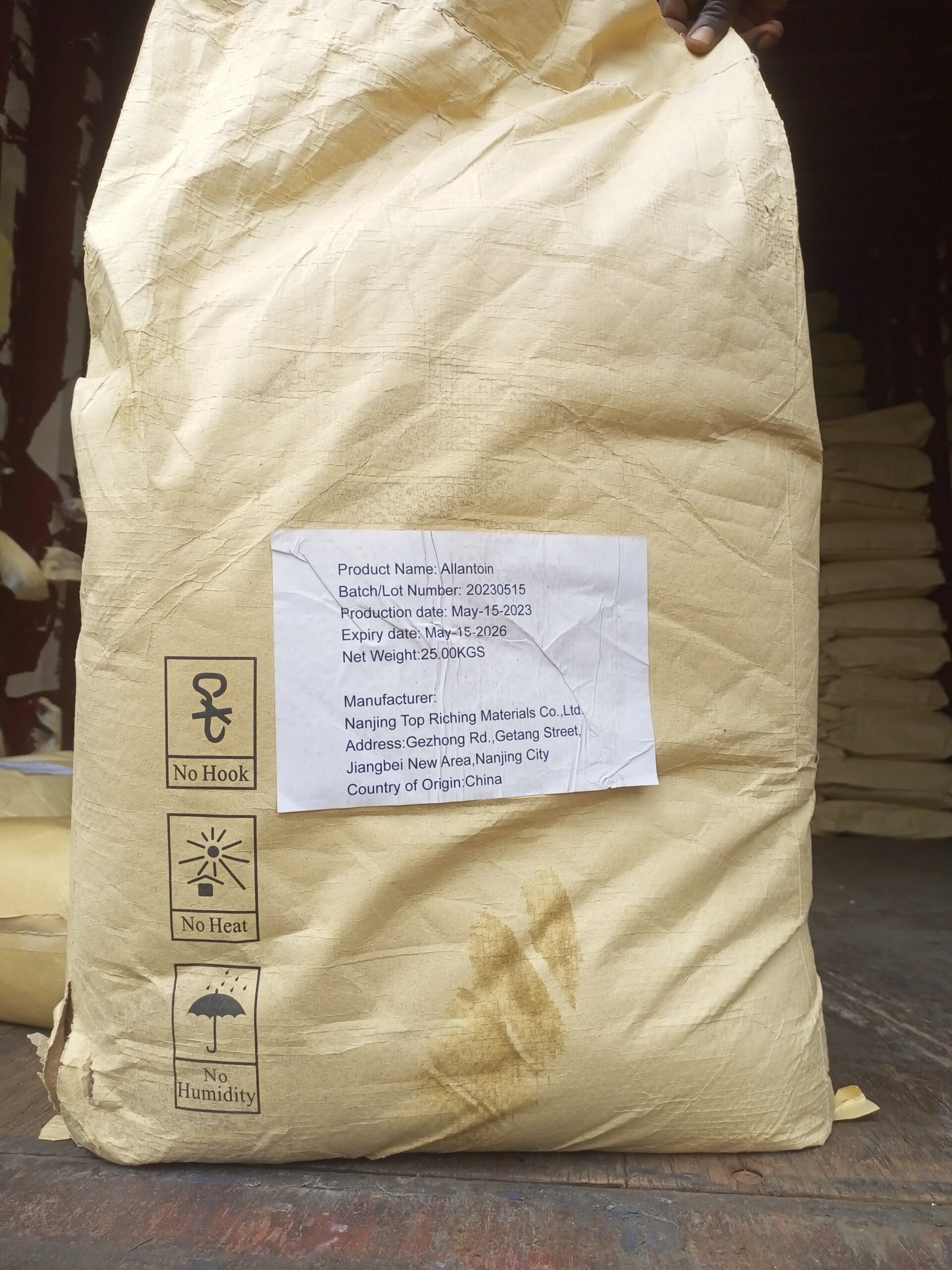
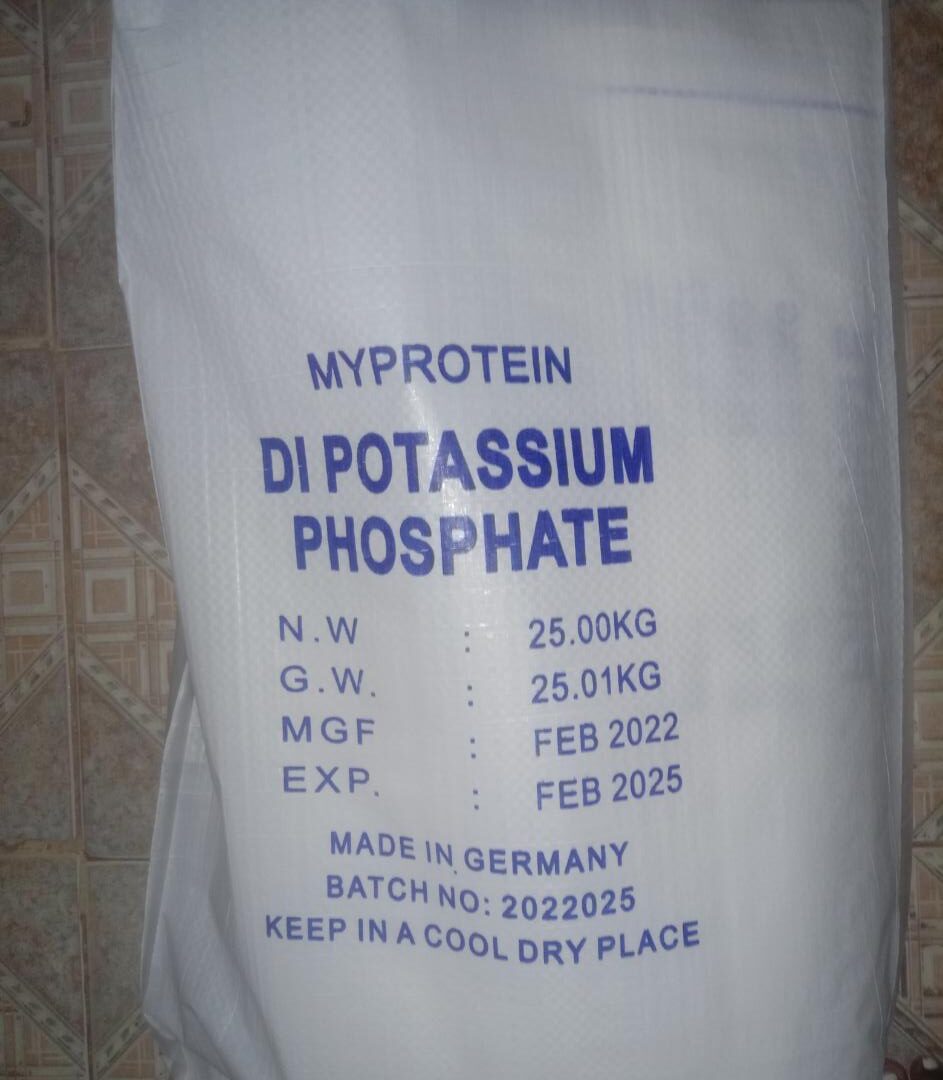
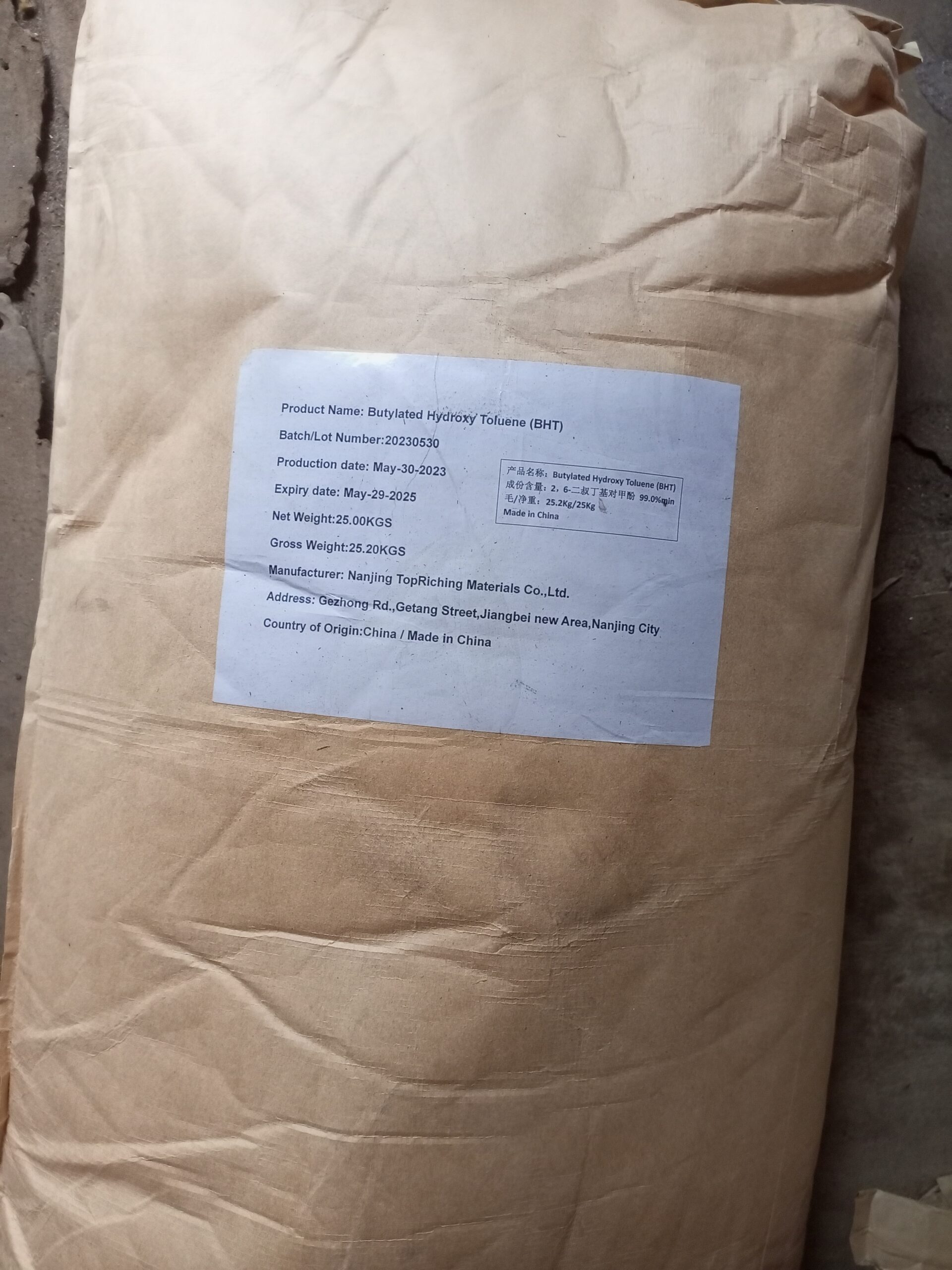
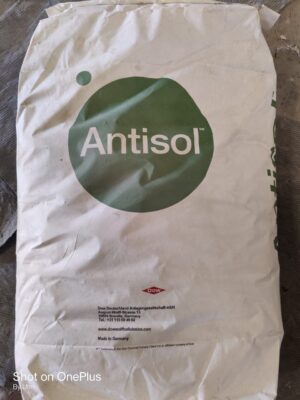
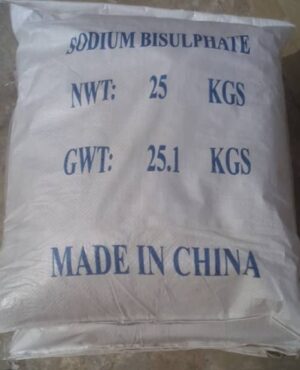
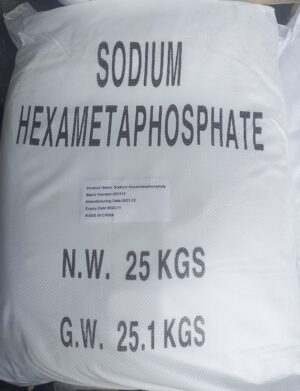
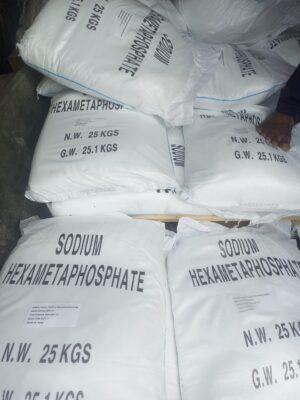
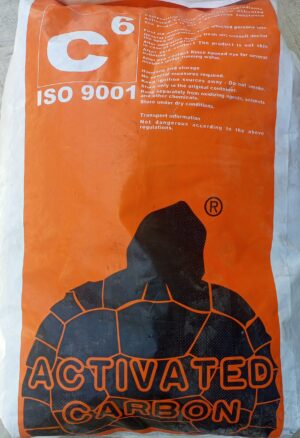
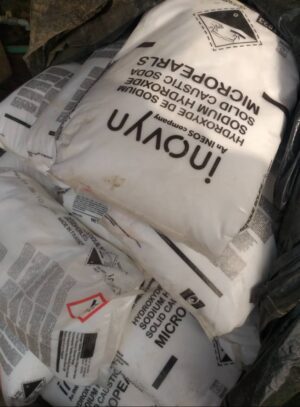
Reviews
There are no reviews yet.